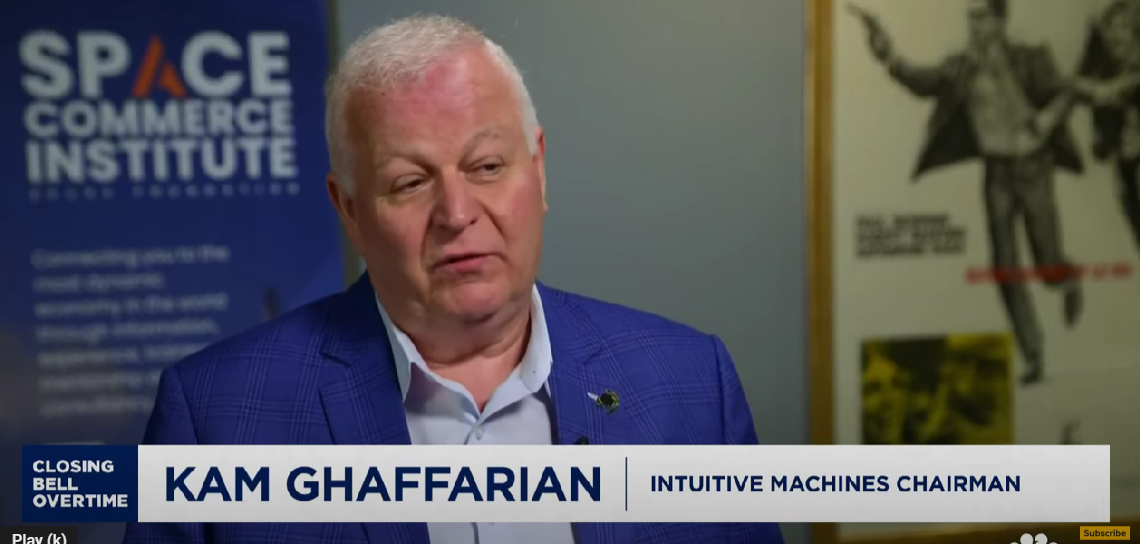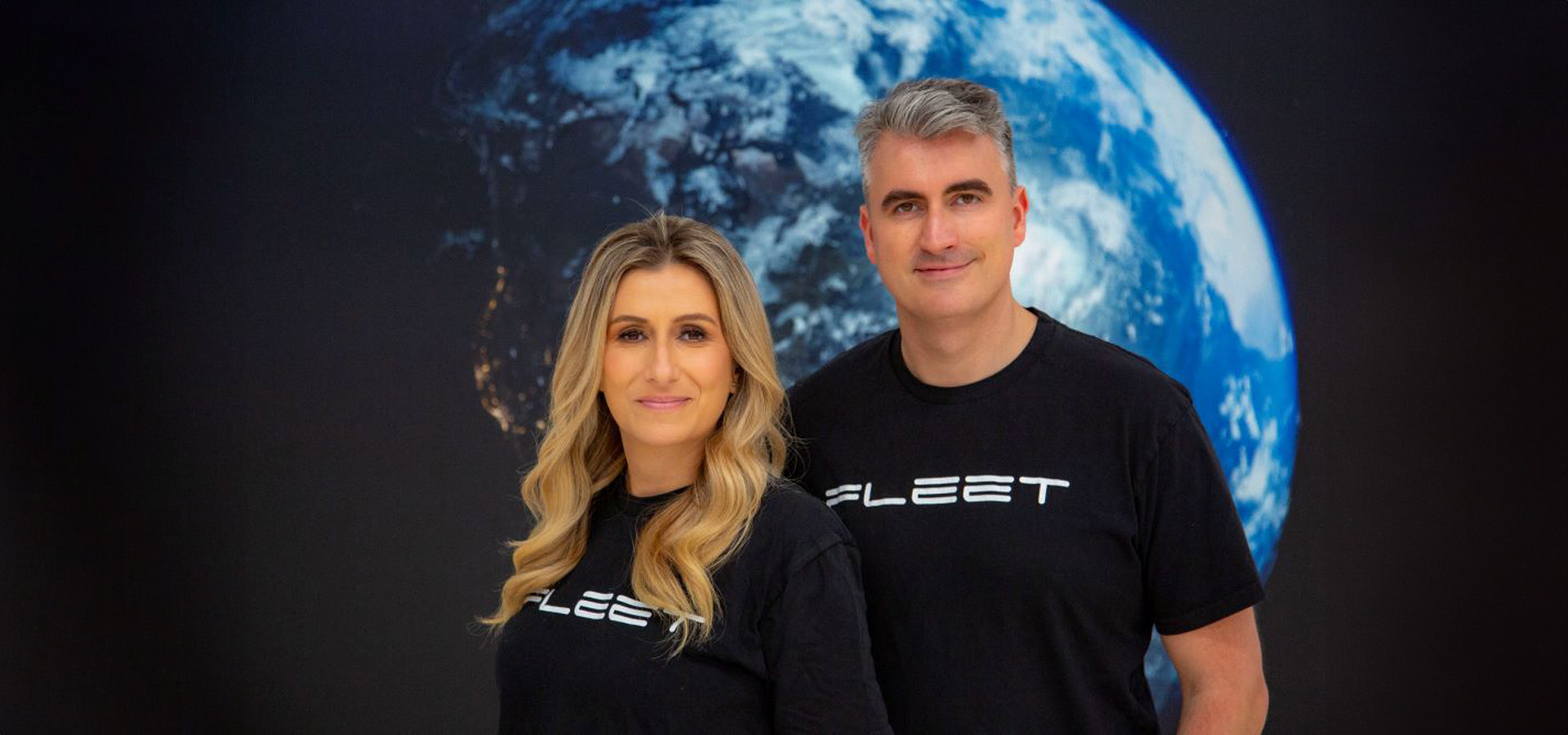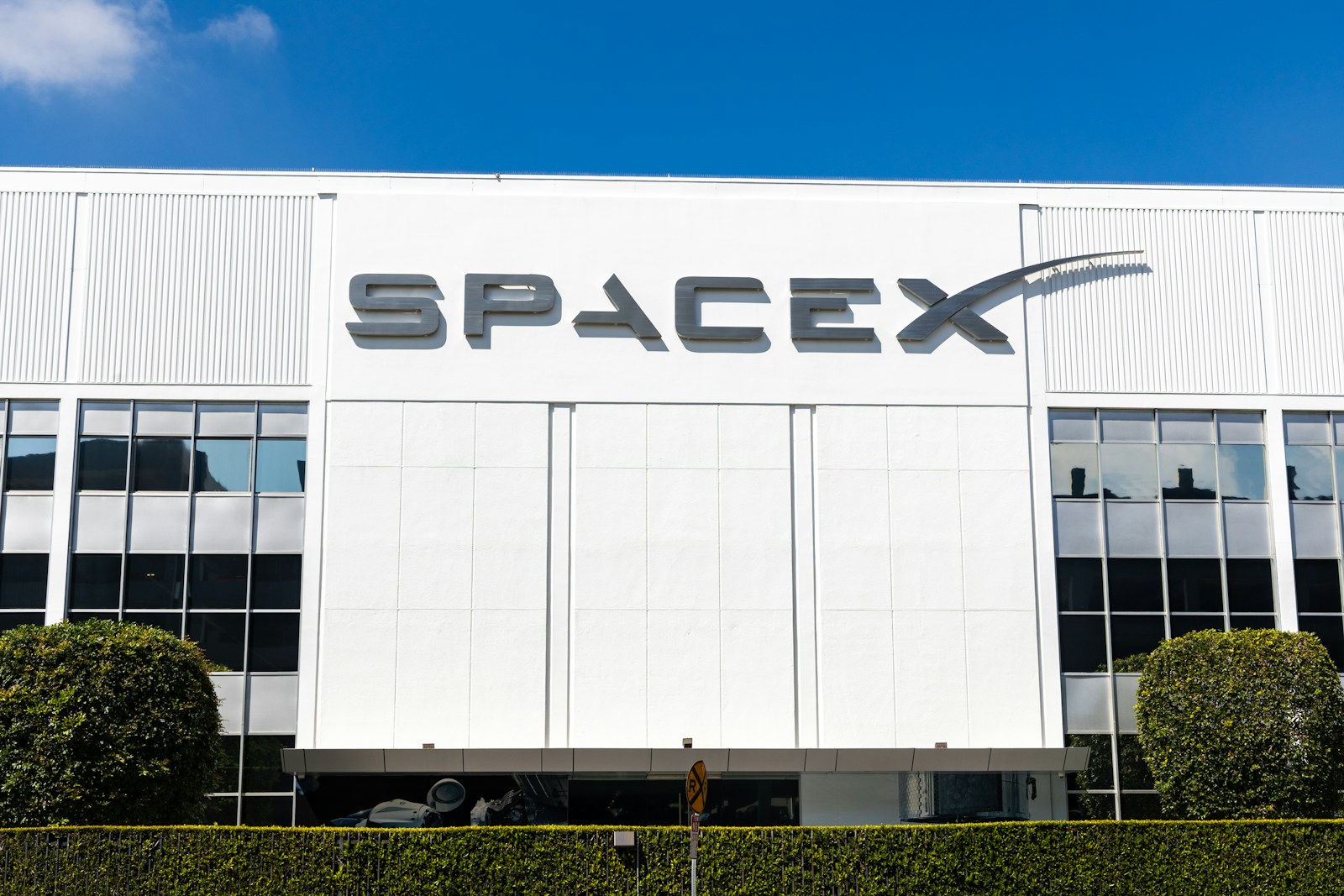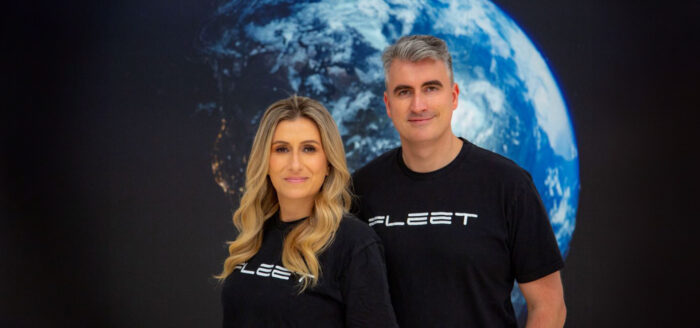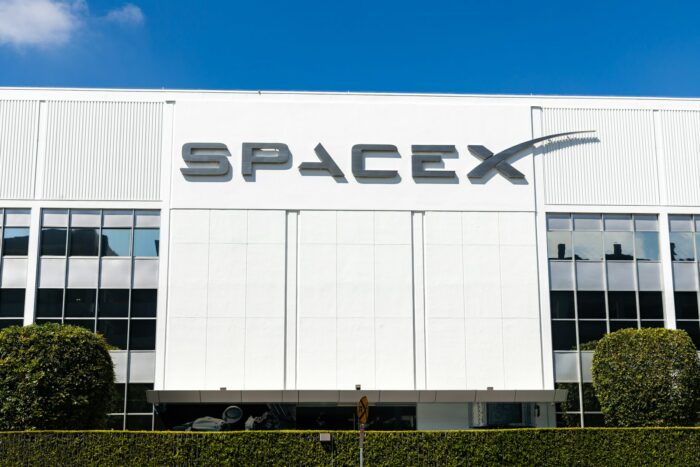As the commercial space industry continues its meteoric ascent, billionaire investor and space entrepreneur Kam Ghaffarian has a front-row seat to the unfolding opportunities. The cofounder of companies like Intuitive Machines and Quantum Space views the rapidly expanding space economy through an optimistic lens.
“I think the space economy is just growing, the whole ecosystem’s goal was growing in a massive way,” said Ghaffarian in a recent CNBC interview at the Space Symposium in Colorado, “and I think what is happening with AI is accelerating it.”
Indeed, artificial intelligence (AI) stands to be a key catalyst propelling space ventures forward by streamlining operations, enhancing robotics capabilities, and unlocking new frontiers like in-space manufacturing. Ghaffarian recognizes how pivotal these technological forces will be, allowing humanity to “push the envelope with human exploration of other planets and hopefully other stars.”
While the prospect of interstellar travel may still sound like science fiction, Ghaffarian understands that achieving such lofty ambitions requires patiently and methodically establishing the necessary infrastructure first. As he philosophized: “It is not the early things that you do sometimes, it is stuff that develops as a result of things you have done.”
This build-up of fundamental space industry capabilities is what has Ghaffarian and his fellow visionaries so excited about the current growth trajectory. Innovations like bioprinting, space-based pharmaceutical development, and specialized manufacturing of materials impossible to create on Earth are just a few examples of the expansive market opportunities on the horizon.
“Things like bioprinting or revolutionary pharmaceuticals or manufacturing fiber optics, right? That can carry infrared signals that you cannot create on Earth. That by itself is a huge market,” he said.
His company Intuitive Machines is playing a key role in advancing the requisite infrastructure, developing systems to revolutionize space transportation. Meanwhile, SpaceX’s Starlink network has already catalyzed “incredible economic growth” by providing ubiquitous broadband internet connectivity.
However, as transformative as these modern space milestones have been, Ghaffarian acknowledges that mainstream investor comprehension of the industry’s potential still lags behind. He draws parallels to previous technological revolutions where the profound impacts weren’t initially appreciated.
“If you think of the early days of Amazon, for years the investors didn’t quite appreciate that,” said Ghaffarian. “The early days of airlines or even Tesla or Apple, so when you do things that are new, right? And it is a new ecosystem and something that is just beginning, it is normal for people who don’t quite appreciate it.”
This sentiment rings true to the typical cycle of disruptive innovations — public perception often fails to anticipate just how society-altering the technology could be in its nascent days. From search engines to e-commerce, the game-changing ripple effects only become obvious in hindsight.
Therein lies the quintessential challenge and opportunity for early backers of the new space age. Those investors able to truly grasp the magnitude of the coming disruption stand to reap massive rewards by getting in on the ground floor of an industry poised to become a multi-trillion dollar economic force.
Ghaffarian and other space visionaries clearly appreciate both the immense possibility and difficulty in wrapping one’s mind around the extent of the sector’s exponential growth potential. But they remain steadfastly undeterred in their cosmic ambitions, ever-confident that today’s dreams will become tomorrow’s realities.
“Interstellar travel, I doubt I will be here to see it,” Ghaffarian admitted wistfully. “But I wish I was because the thought is just so cool. It is so big. The distance is so great.”
While the final frontiers of deep space may elude Ghaffarian’s lifetime, he seems secure in the knowledge that the stepping stones he’s helping construct today will eventually propel humanity to those sci-fi destinations and beyond in the coming centuries. For investors able to share in that long-term vision, the space economy could prove to be this generation’s biggest wealth-creation opportunity.
Featured image: Credit: CNBC
Share this article:

